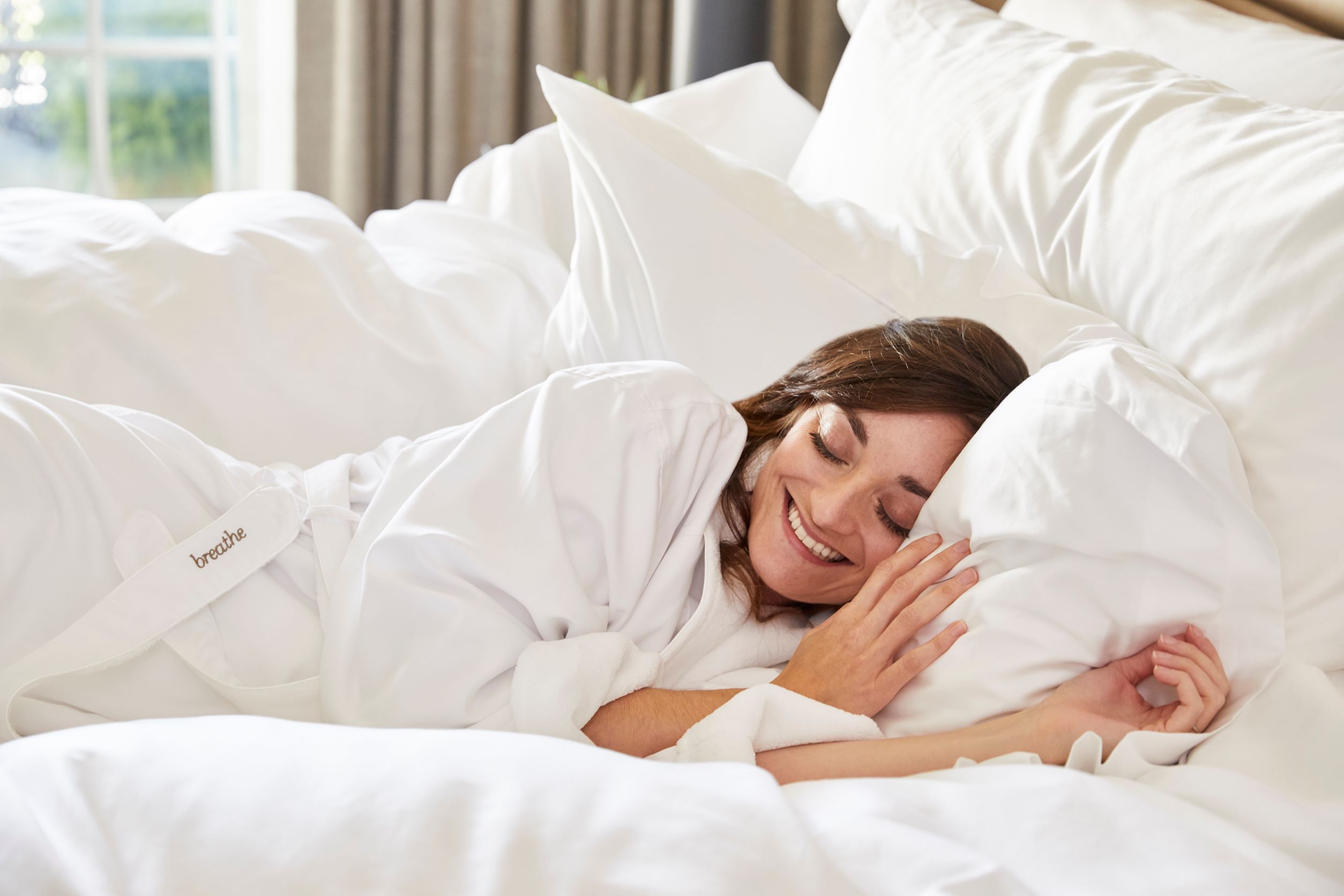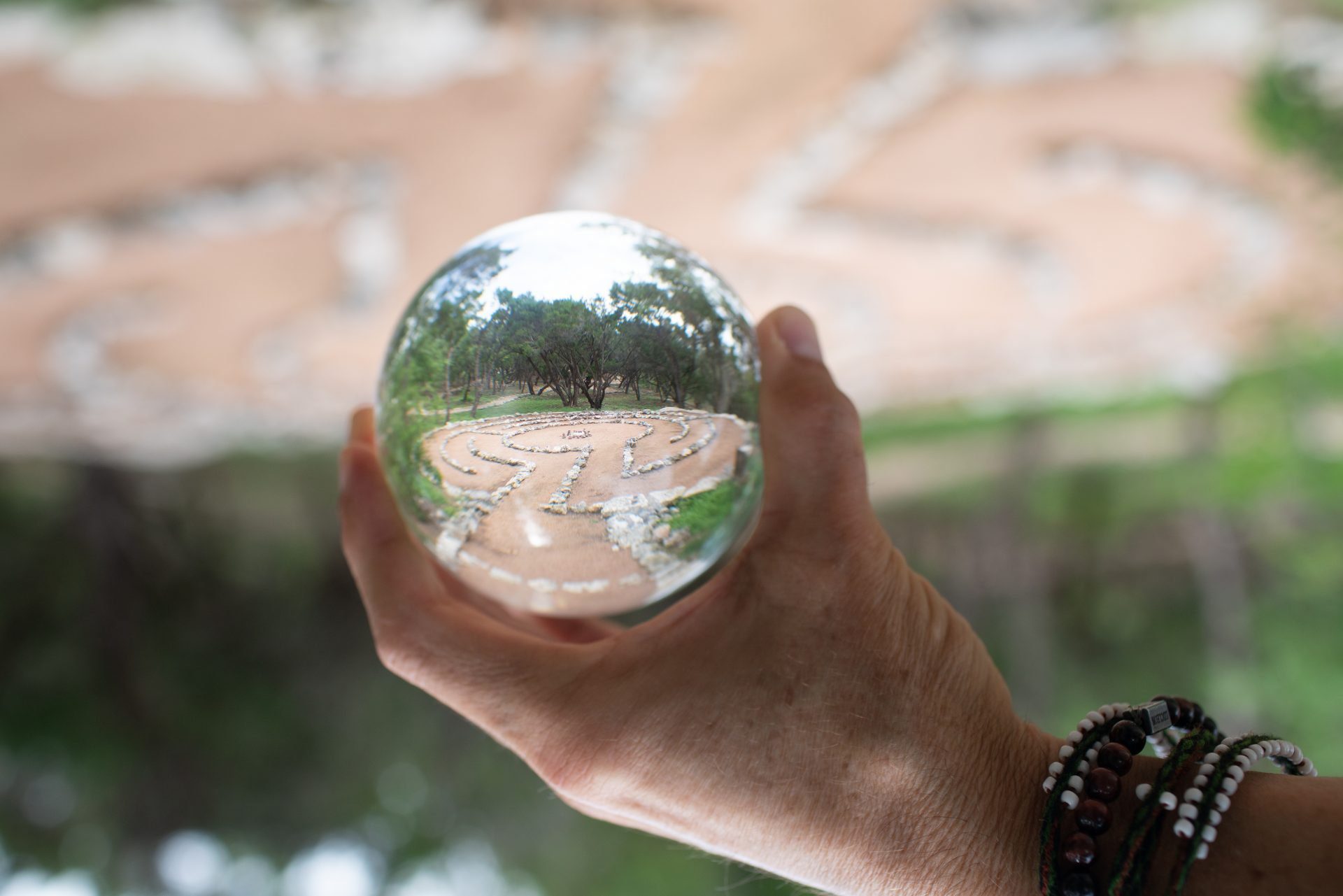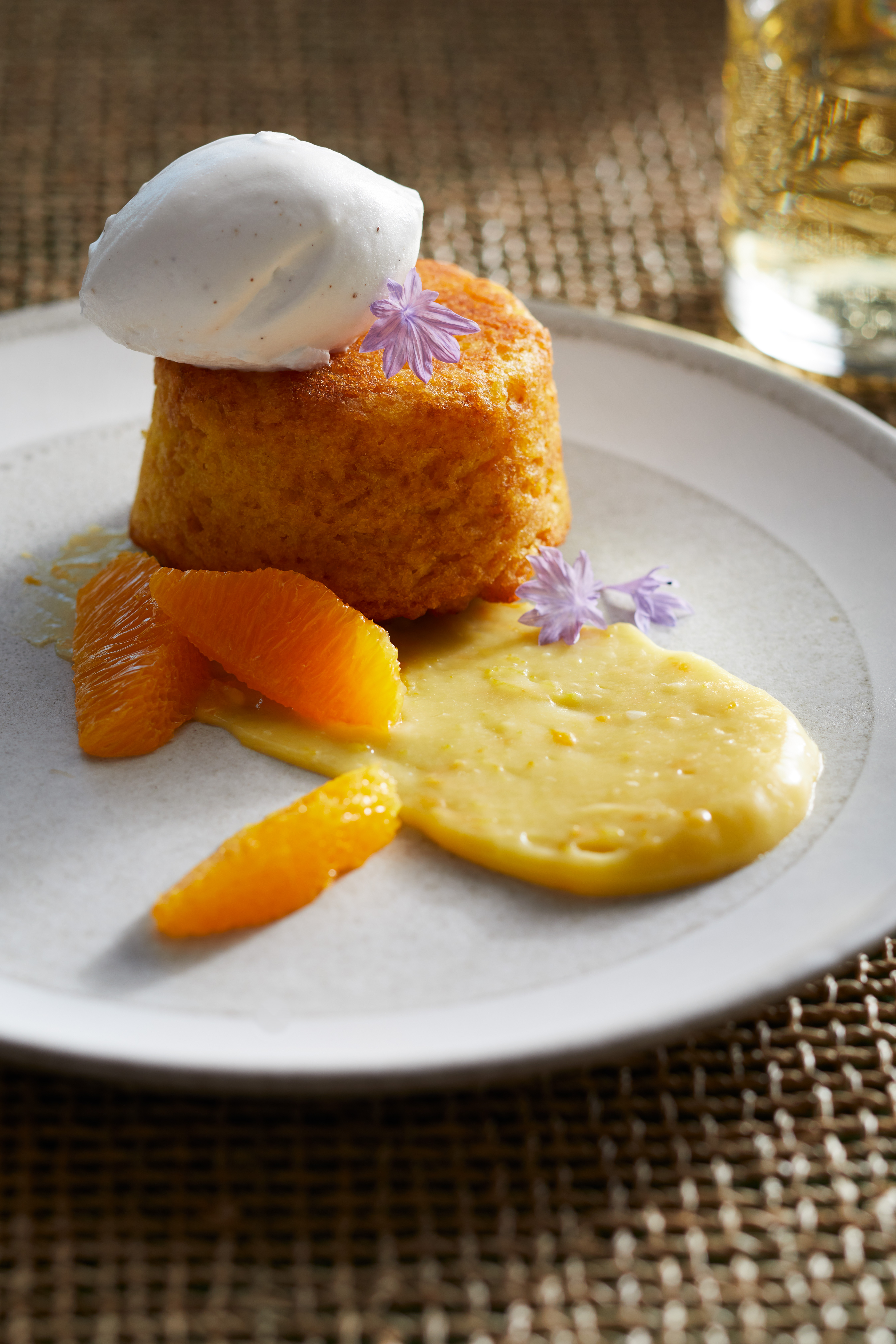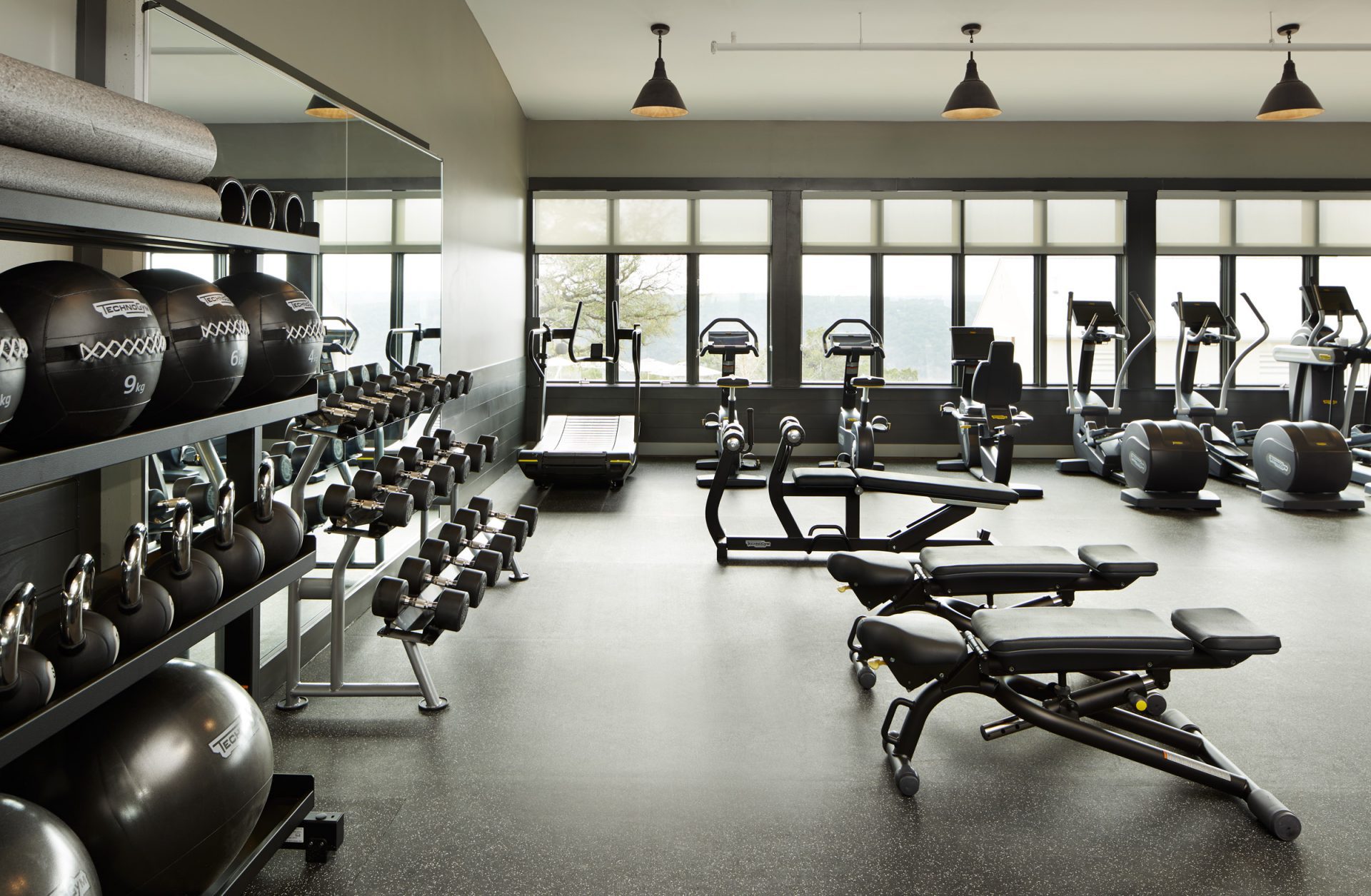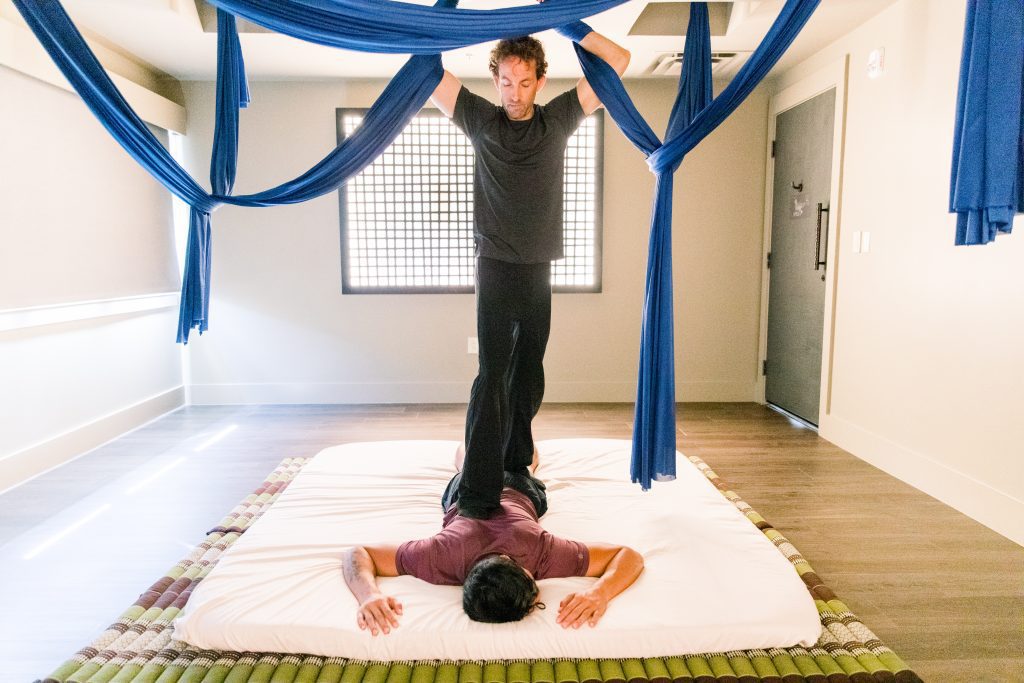Digital Mindfulness: Social Media
By Catherine Price
Despite the claim that social media apps exist to “connect” us, they often make us feel isolated and alone. Indeed, Facebook (which has recently renamed itself Meta, and which owns Instagram and WhatsApp), is currently under fire for the way its platforms are being used to spread misinformation and stoke violence, as well as the negative effects they have on the self-esteem and body image of their users, particularly teenage girls.
While there are certainly cases in which social media can be used for good, when we spend too much time on it, we often trade authenticity for “likes”, self-worth for external validation, and real-life community for online followers. Feelings of social exclusion and lowered self-esteem have become some of the unwanted byproducts of social media use.
So, if spending more time on social media doesn’t make us feel good, why is it so hard to keep scrolling and posting? The answer is simple: social media apps are deliberately designed to hook us—because that’s how social media companies make money. We are not the customers of social media apps; we are the products. Advertisers are the customers, and our attention is what is being sold. The more time we spend “engaging” with these apps, the more opportunities there are to collect data about us and our behaviors, and to show us personally targeted ads.
In other words, every minute we spend on social media is essentially a minute we are spending making money for someone else. What’s more, it’s a minute we’re not spending on things that matter to us.
Social media companies hook us by manipulating our brain chemistry. Their apps are designed to trigger the release of dopamine, a brain chemical that keeps us coming back for more. They copy techniques directly from slot machines, which are engineered in ways that make them highly addictive. In other words, if you find it hard to look away, it’s not your fault.
But we don’t have to despair. We can be less lonely and connect with other people in authentic ways—and Miraval Mode can help. By giving us a chance to put down our devices, have in-person experiences with other people, and engage with the physical world, Miraval Mode empowers us to break the cycle and get back in touch with what real connection feels like.
Read more about Digital Mindfulness!

Here are some simple steps you can take to moderate your social media use:
Check-In With Yourself
When you’re using a social media app, ask yourself: Does this make me feel good or bad? Am I living right now—or am I performing? What would I do right now if no one was watching?
Identify Your Priorities
Set aside some time to consider which activities, relationships, and aspects of your life are actually important to you. Notice where social media ranks on that list—and brainstorm ways to better align your actions with your values.
Prune Your Accounts
If you’re like many people, you may be following a lot of people whom you don’t care about, or whose posts make you feel bad. Set aside some time to go through the accounts you follow, and to unfollow anyone whose posts do not add to your life.
Adjust Your Notifications
Like all apps, social media apps use notifications to get you to pay attention to them—that’s why they encourage you to leave all notifications on by default. This is good for them, not you. Today, take a few minutes to go through your notification settings and to choose which notifications you want to receive.
I recommend that you start by adjusting the settings within the apps themselves; there are a surprising number of different types of events you can choose to be notified (or not notified) about. Next, adjust the settings within your phone, so that you can choose when (and whether) you want to receive notifications from social media at all.
For example, I have adjusted my own settings so that my phone doesn’t send me any social media notifications unless I open the apps. If I go into the apps, I only receive notifications for direct messages and comments, because those are the only two things that might warrant a response.
Delete the Apps
If an app is not on your phone, you can’t be distracted by it. (And really, if an app is stealing your life from you—literally from underneath your nose—it doesn’t deserve to be on your phone!) Consider deleting the apps you find the most tempting. If you truly want to use them, you can always reinstall them — just don’t forget to delete them again when you’re done.
And remember: if you’re on social media, you’re not in your life. Our minds can’t be two places at once. If you’re staring down at your phone, you’re missing everything else.
Catherine Price
Catherine Price is Miraval’s Digital Wellness Ambassador, founder of Screen/Life Balance®, and author of books including How to Break Up With Your Phone and The Power of Fun: How to Feel Alive Again. She helps people scroll less and live more. Guests can learn more about her work—and get her books, plus more resources and practical tips—at ScreenLifeBalance.com(and @_catherineprice on Instagram, where she does her best to use social media for good!).



